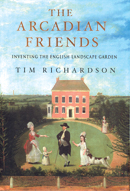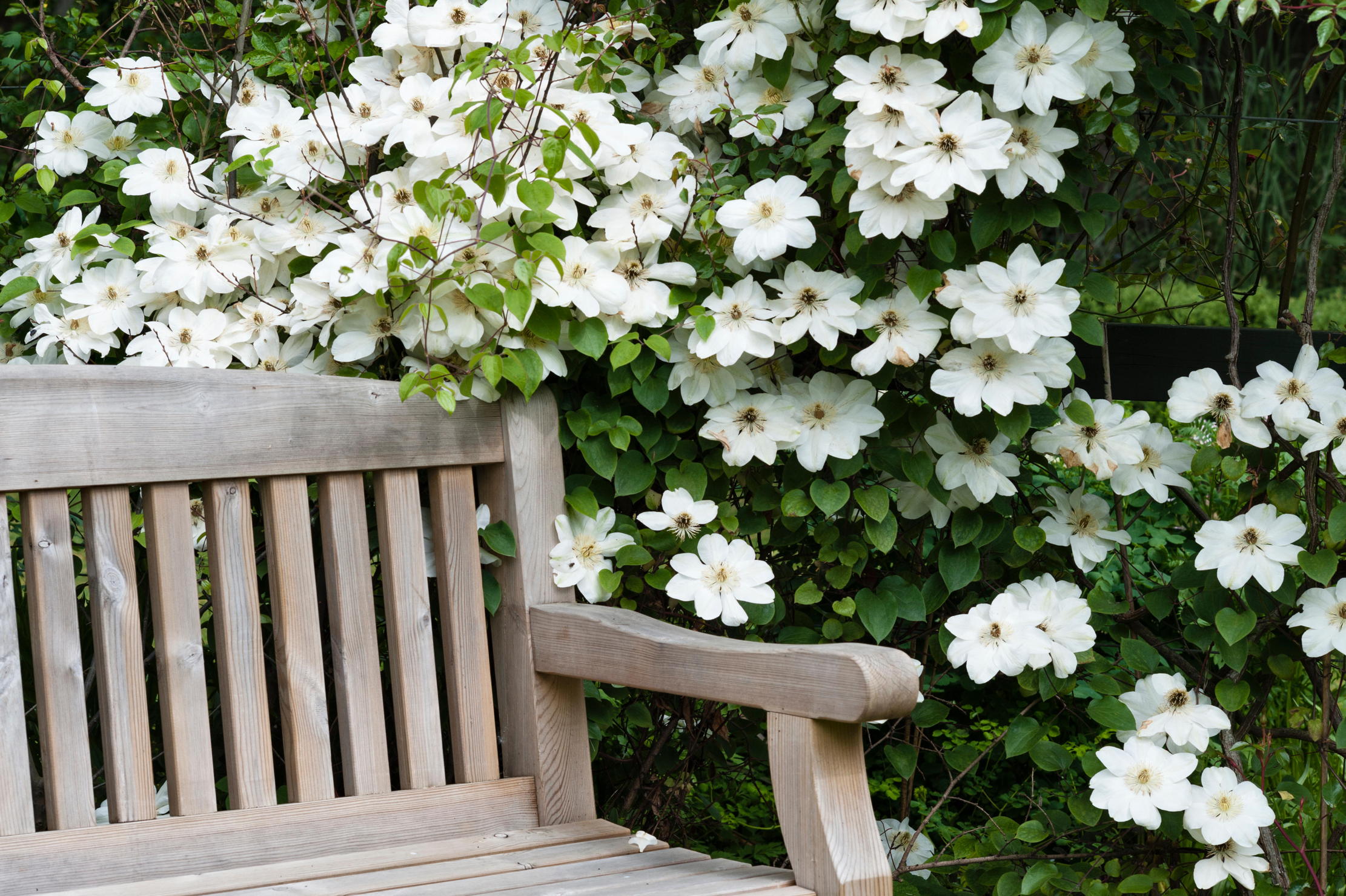Book review: The Arcadian Friends Inventing the English Landscape Garden
Christopher Woodward is captivated by the story of the English landscape garden as a place of philosophy and art, told in Tim Richardson's inimitable style


The Arcadian Friends Inventing the English Landscape Garden
Tim Richardson
(Bantam Press, £25)
For some years, Tim Richardson was the gardens editor at Country Life, which he describes here as 'a magazine conceived in the mould of the Whig ideal of a cultivated rural retirement'. He was also the first staffer to ever send an email, and this new book embodies his innovation, wit, mischief and, above all, his fondness for Britain's historic gardens. In the years between William III and George II, he argues, the friction between Whigs and Tories created a new art form: the landscape garden. This is the most stimulating book on 18th-century gardens that I have ever read.
There is a famous story of how Winston Churchill told Siegfried Sassoon that 'war is the natural occupation of man'. Sassoon protested, and Churchill compromised: 'War and gardening.' We begin with the Whig statesmen and soldiers who put William III on the throne of England, and, at the same time, introduced a new style of garden: a garden with wiggles, variety, and surprise which to them expressed the values of liberty. It was a time at which a man might be beheaded for being a Jacobite, and we see how the Tories invented a style in response. Levens Hall is a Jacobite garden, planted in a formal style of topiary and straight lines that was purposefully old-fashioned. And the mock-Gothic castle at Wentworth Woodhouse the earliest in Britain was a protest against the nouveau riche Whigs by the Earl of Strafford, commander of the Jacobites in the north of England.
The most brilliant duel was between Joseph Addison and Alexander Pope. Addison, a Whig, believed that a country estate should be a source of profit but that profit was beautiful. To Pope, a field of corn was beautiful in itself, and he wrote that the countryside should be an escape from commerce. Whigs demolished villages in the name of 'improvement', but the Tories created the ferme ornée, a rural idyll which turns its back on the world. Today, of course, gardens are not political: indeed, they are often an escape from politics. Reading between the lines, we see that this book is also a highly per-sonal commentary on how we think about gardens today. Mr Richardson grew up in Berkshire in the village next door to Pope, and splashed about in the same river. Is the English countryside merely a place of utility or is it a garden, he asks?
A second theme is his dissatisfaction with modern gardening as 'a kind of outdoor DIY'. In the early 18th century, the garden was both intellectual and political, a place of philosophy and symbolism. Painting and sculpture were for the practical man. Finally, he is particularly cross at an Arts Council rule that gardens are not art. The landscape garden not Tracy Emin is Britain's contribution to the visual arts of the world. For the first 40 years of the 18th century, gardening in Britain was avant-garde, political and fun.
Sign up for the Country Life Newsletter
Exquisite houses, the beauty of Nature, and how to get the most from your life, straight to your inbox.
Country Life is unlike any other magazine: the only glossy weekly on the newsstand and the only magazine that has been guest-edited by HRH The King not once, but twice. It is a celebration of modern rural life and all its diverse joys and pleasures — that was first published in Queen Victoria's Diamond Jubilee year. Our eclectic mixture of witty and informative content — from the most up-to-date property news and commentary and a coveted glimpse inside some of the UK's best houses and gardens, to gardening, the arts and interior design, written by experts in their field — still cannot be found in print or online, anywhere else.
-
 The Business Class product that spawned a generation of knock-offs: What it’s like to fly in Qatar Airways’ Qsuite cabin
The Business Class product that spawned a generation of knock-offs: What it’s like to fly in Qatar Airways’ Qsuite cabinQatar Airways’ Qsuite cabin has been setting the standard for Business Class travel since it was introduced in 2017.
By Rosie Paterson
-
 Six of the best Clematis montanas that every garden needs
Six of the best Clematis montanas that every garden needsClematis montana is easy to grow and look after, and is considered by some to be 'the most graceful and floriferous of all'.
By Charles Quest-Ritson